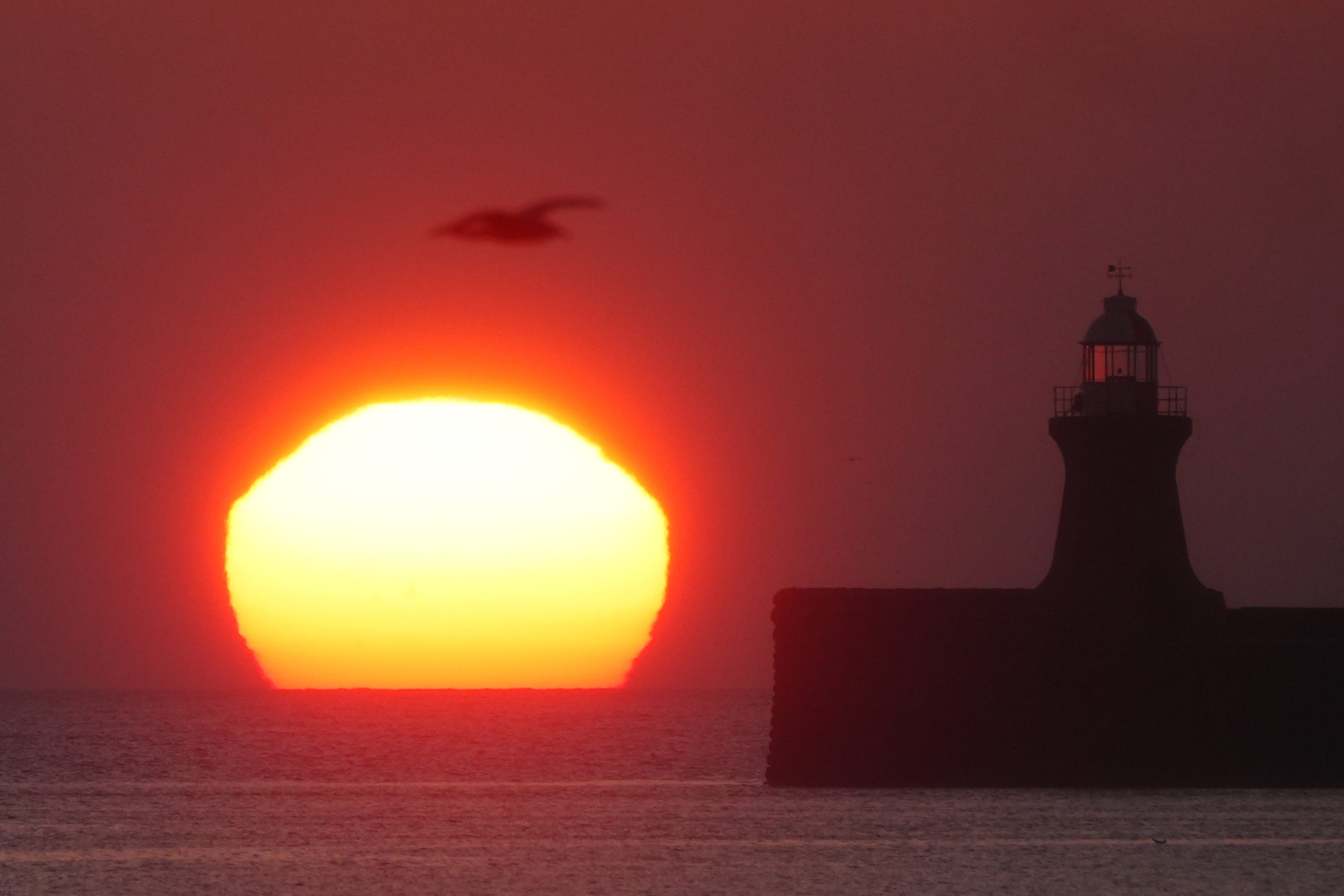Britain basks in 20 degrees but forecast polar vortex collapse could bring severe cold weather
The warmest day of the year was recorded at 19.7C in Crosby, Merseyside, the Met Office said

The UK recorded the warmest day of the year on Sunday but temperatures are set to plummet to single figures into next week, the Met Office said.
The forecaster confirmed a record 19.7C was hit in Crosby, Merseyside, on Sunday, beating Saturday’s peak of 19.1C in Cumbria.
The average UK daytime maximum temperature in March is 9.2C – an average that takes in all of the country across the whole month.
However, the unusually warm and sunny weather has seen parts of the UK with higher temperatures than some southern European holiday destinations, including the Costa del Sol and the Balearic Islands.
Met Office meteorologist Craig Snell said: “It’s been widely warm across the east and west, and it’s been pleasant in Scotland and Northern Ireland. It’s been fairly decent and Sunday was the warmest day of 2025 so far.”

Into next week, conditions are expected to gradually worsen, with spells of rain forecast across the parts of the country from Tuesday.
Mr Snell said: “It will be turning colder across all parts. The South will hang on to milder conditions on Monday, probably around 17C or 18C, but it will be cloudier.
“In the North, it’ll be much cooler and bands of patchy rain will move in, and gradually move southwards.”
Most of the country will feel the cooler conditions on Tuesday and this will continue through most of the week.
Scattered showers are expected in northern and eastern parts, with temperatures in the North reaching between 6C and 8C, and the South seeing between 8C and 9C.
Mr Snell added: “Conditions will stay in single figures and it’ll be a cold midweek, particularly when compared with this weekend.
“It won’t be a washout and there will be plenty of dry spells. But it’ll be the breeze that keeps those temperatures down.”
Friday into Saturday will be more of the same until temperatures start to rise again slightly moving into the weekend.
Meanwhile, the Met Office warned that the UK was likely to see a polar vortex collapse towards the end of March. The weather phenomenon was responsible for 2018’s “Beast from the East”.
A sudden stratospheric warming (SSW) was behind the bitter winter storm which struck Britain, bringing heavy snow, ice and strong winds and leading to 17 deaths across the UK.
Forecasters believe there is an 80 per cent chance of an SSW, which involves the rapid descent of cold air from the stratosphere occurring by the middle of the month.
Professor Adam Scaife, the head of long-range forecasting at the Met Office, said: “This could lead to some impacts on weather in the UK toward the end of March. What those impacts might be will become clearer nearer the time.”
Join our commenting forum
Join thought-provoking conversations, follow other Independent readers and see their replies
Comments
Bookmark popover
Removed from bookmarks